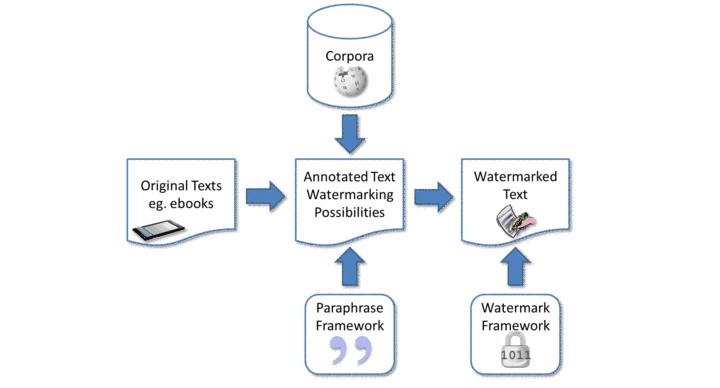Through a program called SiDiM, researchers at the Darmstadt Technical University in Germany have developed a new form of digital rights management (DRM) to counter piracy and trace a pirated work back to its original source.
The method relies on what the researchers call "text watermarks" to make each copy of an ebook unique, TorrentFreak reports. The technology makes small adjustments to the book's text, effectively giving it a digital fingerprint of sorts so that if a copy is uploaded to the internet, the publisher is able to trace it back to the original purchaser.
"Users are encouraged to take responsibility [for] their copy and it will deter illegal file-sharing, as copies can be traced using these marks," said Dr. Martin Steinebach, a researcher with SiDiM.
The DRM alters word order, inserts synonyms, changes paragraph format, adjusts punctuation, and does so in an unobtrusive way as to not influence the meaning of the text, according to the researchers. TorrentFreak gives an example of the DRM swapping the word "unsympathetic" for the phrase "not sympathetic."

This technology raises a number of concerns, one being the reliance on an automated system to make these adjustments effectively without being obvious. Additionally, changing prose as described by the researchers could lead to dampening or destroying the nuances of the text, or even breaking common literary techniques like alliteration and pace through punctuation crafted by the author.
Traditional DRM acts as a pseudo-gatekeeper, barring access without the proper key. While its creators are describing this new technology as unobtrusive, it arguably could be among the most obtrusive if it augments the very creative work it was intended to protect.